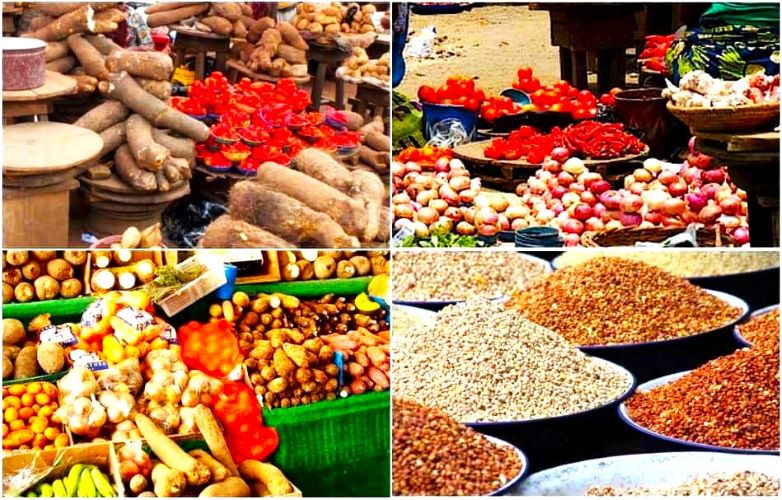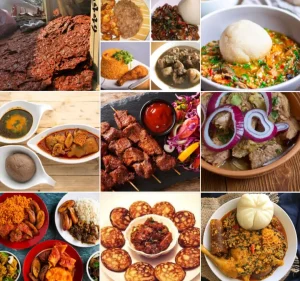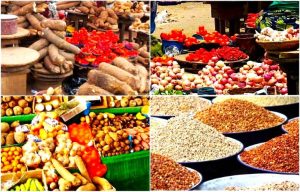Why are food prices in Nigeria so high?
Food prices in Nigeria are high due to a combination of factors that affect both production and distribution. One significant issue is the country’s dependence on imports for essential food items, which makes prices vulnerable to exchange rate fluctuations and global market trends.
Additionally, infrastructural challenges, such as poor roads and inadequate storage facilities, increase transportation costs and lead to significant post-harvest losses. Climate change and unpredictable weather patterns further exacerbate the situation by impacting local agricultural productivity. Moreover, insecurity in various regions disrupts farming activities and supply chains, while government policies and tariffs can sometimes inadvertently raise costs.
All these factors combine to create a challenging environment for maintaining affordable food prices in Nigeria.
Here are some of the key factors contributing to the high food prices in Nigeria.
1. Inflation and Economic Policies:
Nigeria has been experiencing high inflation rates, which have directly impacted the cost of living. Inflation reduces the purchasing power of the naira, making it more expensive to buy goods and services, including food. Additionally, economic policies, such as foreign exchange controls, have affected the importation of food items, leading to scarcity and increased prices.
2. Insecurity and Conflict:
The ongoing conflicts in various regions, particularly in the Northern part of Nigeria, have disrupted farming activities. Many farmers have been displaced, and agricultural lands have become inaccessible, leading to decreased food production. This drop in supply against a steady or increasing demand naturally drives up prices.
3. Transportation and Logistics:
Poor infrastructure and high transportation costs are significant contributors to food price increases. Many rural areas where food is produced are poorly connected to urban centers where demand is high. The cost of transporting goods over long distances on bad roads adds to the final price consumers pay.
4. Climate Change and Environmental Factors:
Nigeria has not been immune to the effects of climate change, with unpredictable weather patterns causing droughts and floods. These environmental challenges have impacted crop yields and livestock production, leading to shortages and increased prices.
5. Import Dependency:
Despite having vast agricultural potential, Nigeria relies heavily on imported food products. Fluctuations in global markets, changes in import tariffs, and foreign exchange rates can all contribute to the rising cost of imported foods, which affects overall food prices in the country.
6. Government Policies and Subsidies:
While the government has introduced various policies to support agriculture, such as subsidies and grants, their implementation has often been inconsistent. The lack of effective policies to support local farmers in boosting production means that food supply remains insufficient to meet demand.
Conclusion:
Addressing the high food prices in Nigeria requires a multi-faceted approach. This includes improving infrastructure, enhancing security, supporting local farmers, and implementing stable economic policies. With coordinated efforts from both the government and the private sector, it is possible to stabilize food prices and ensure food security for all Nigerians.














Post Comment